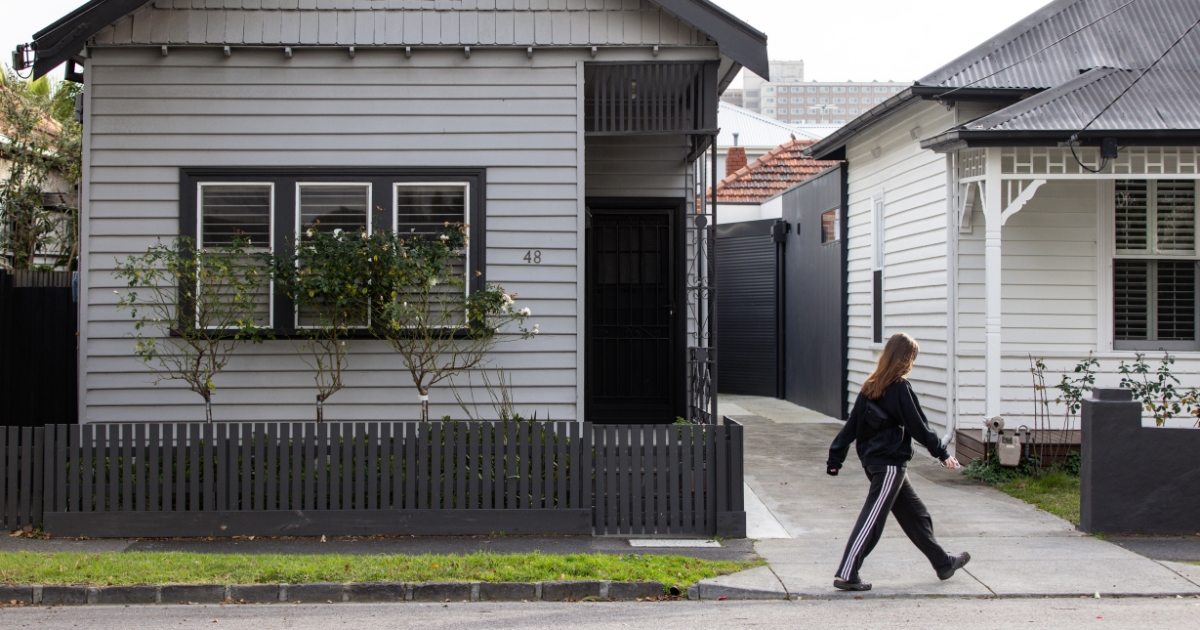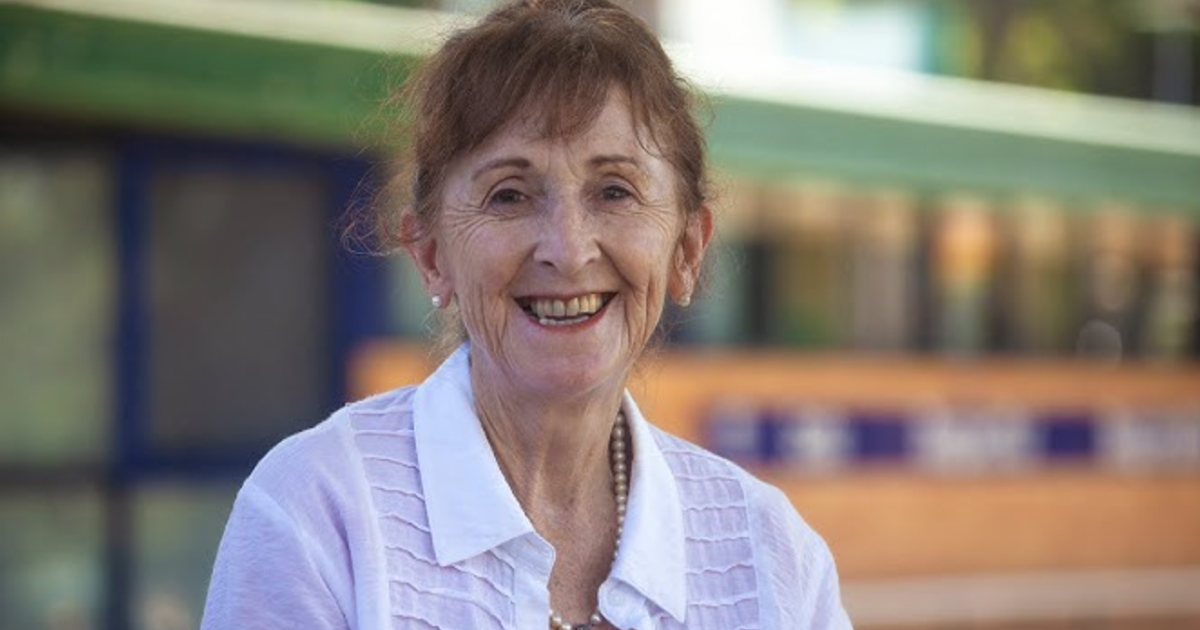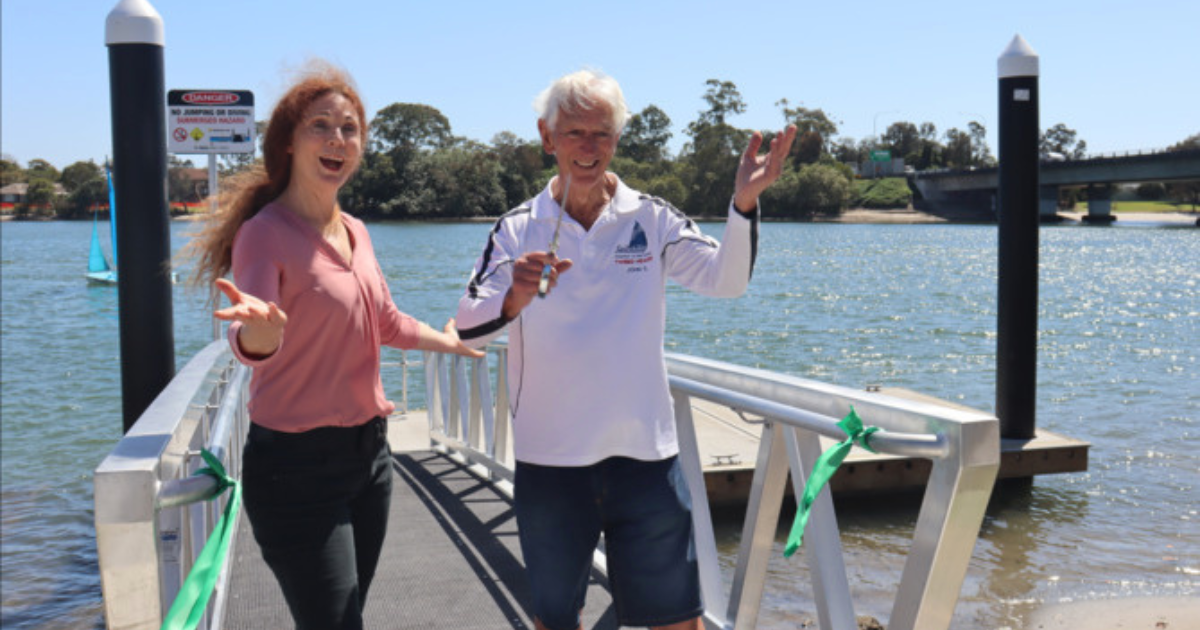Digging deep to protect the land

Evanna McGuinness is doing a Master of Applied Soil Science degree at Southern Cross University, studying subsoil carbon and nitrogen in grazing systems. Photo CATHY ADAMS
WITH 324 dirt samples in her collection, it’s safe to say Evanna McGuinness is passionate about soil. But it is a collection with a purpose.
Ms McGuinness is doing a Master of Applied Soil Science degree at Southern Cross University, studying subsoil carbon and nitrogen in grazing systems.
The study of soils at the university is important work.
“Soil impacts everything. It’s not just the soil ecosystem. It affects vegetation. It affects water quality. It affects crop health, nutrition and productivity,” Ms McGuinness said.
It can even affect the climate.
Dr John Grant, a lecturer in the Faculty of Science and Engineering at SCU, further underscores its importance.
“Soil is the basis of everything in the terrestrial part of the world. Without soil, there would be no life above the seas.”
Understanding soil profiles can help advise on the best way to manage land for farmers and land conservationists.
What, where, and when to plant, when to burn, or when to harvest, are all questions that understanding the soil structure can answer.
“Every decision should be based on the soil,” Dr Grant said.
Erosion, salinity and acidification are the biggest threats to agriculture, and they need to be managed, he said.

“If you lose a millimetre of soil, there goes 100 years of production. We can’t afford to lose productivity.”
With climate change and a growing population, managing these issues is becoming increasingly important.
Ms McGuinness said helping farmers see the benefit of soil management was key.
“We can do it in a way that doesn’t impact the productivity of our landscapes if we just really think about it and do it strategically.”
She is one of five students from SCU hoping to enter the annual National Soil Judging Competition run by Soil Science Australia.
The competition will be held in Rotorua, New Zealand from November 28 to December 1, and allows students to learn about different soils and connect with other soil scientists.
Dr Grant said they need sponsorship to help the students travel to New Zealand.
“Southern Cross University is a leader in the teaching of Regenerative Agriculture at a tertiary level,” he said.
“It is important that those students be supported as they finish their degrees and develop their post-graduate careers. Southern Cross has sent teams to almost all of the soil judging competitions held over the last five years.”
To sponsor the students, email Dr Grant at [email protected].


















